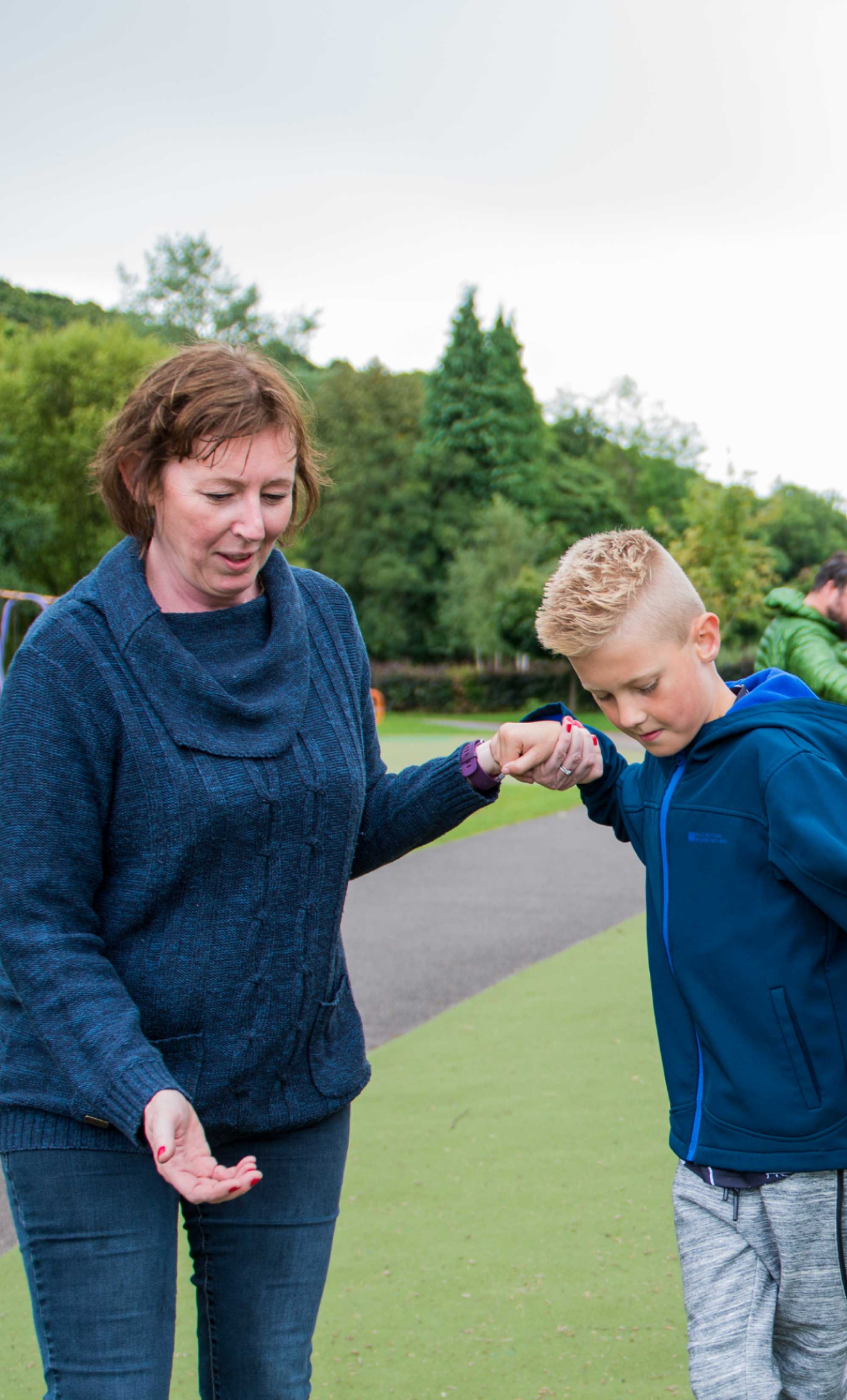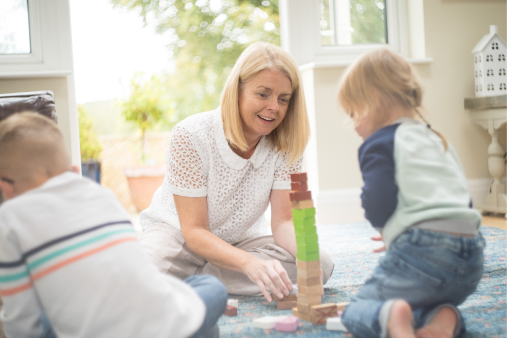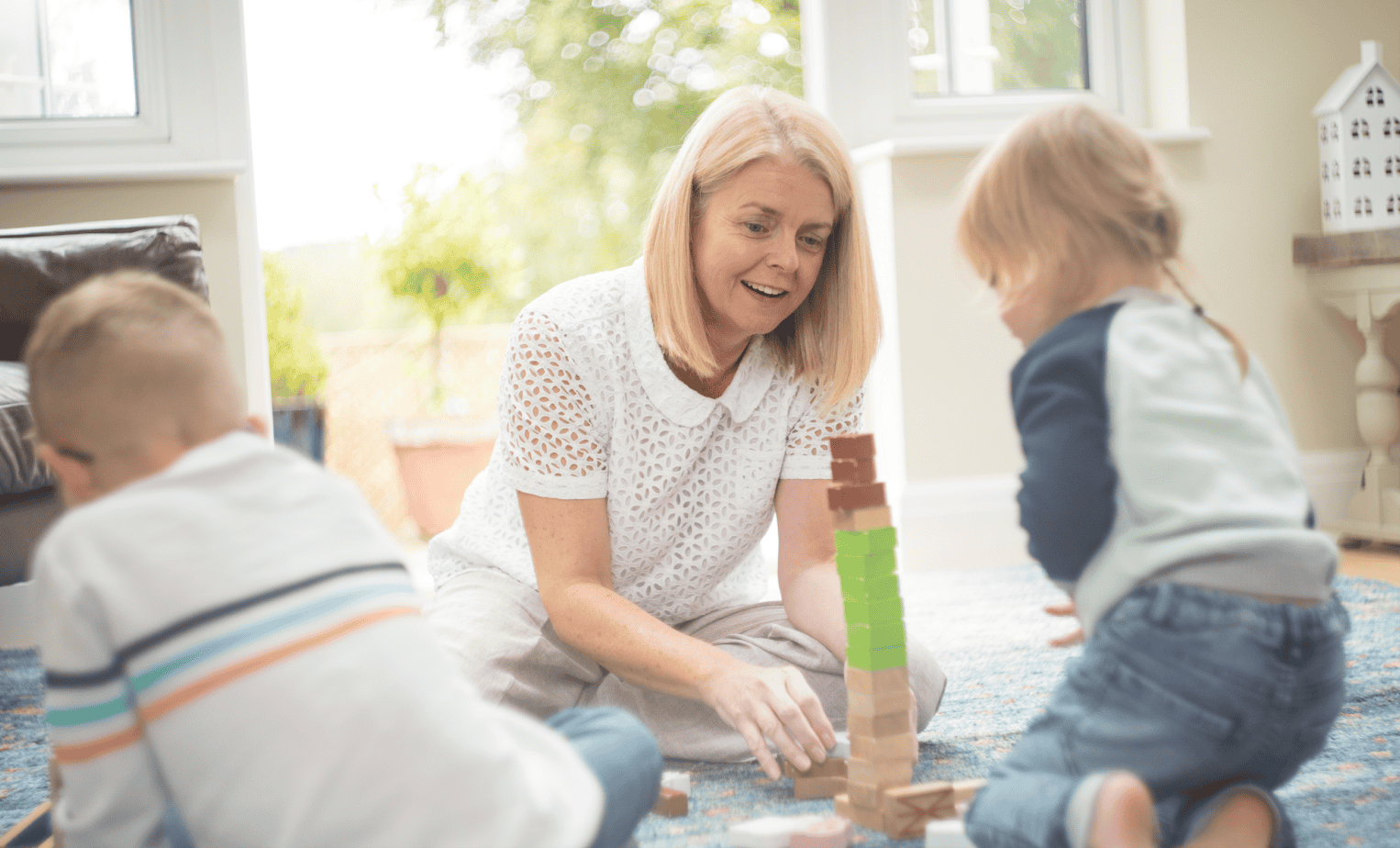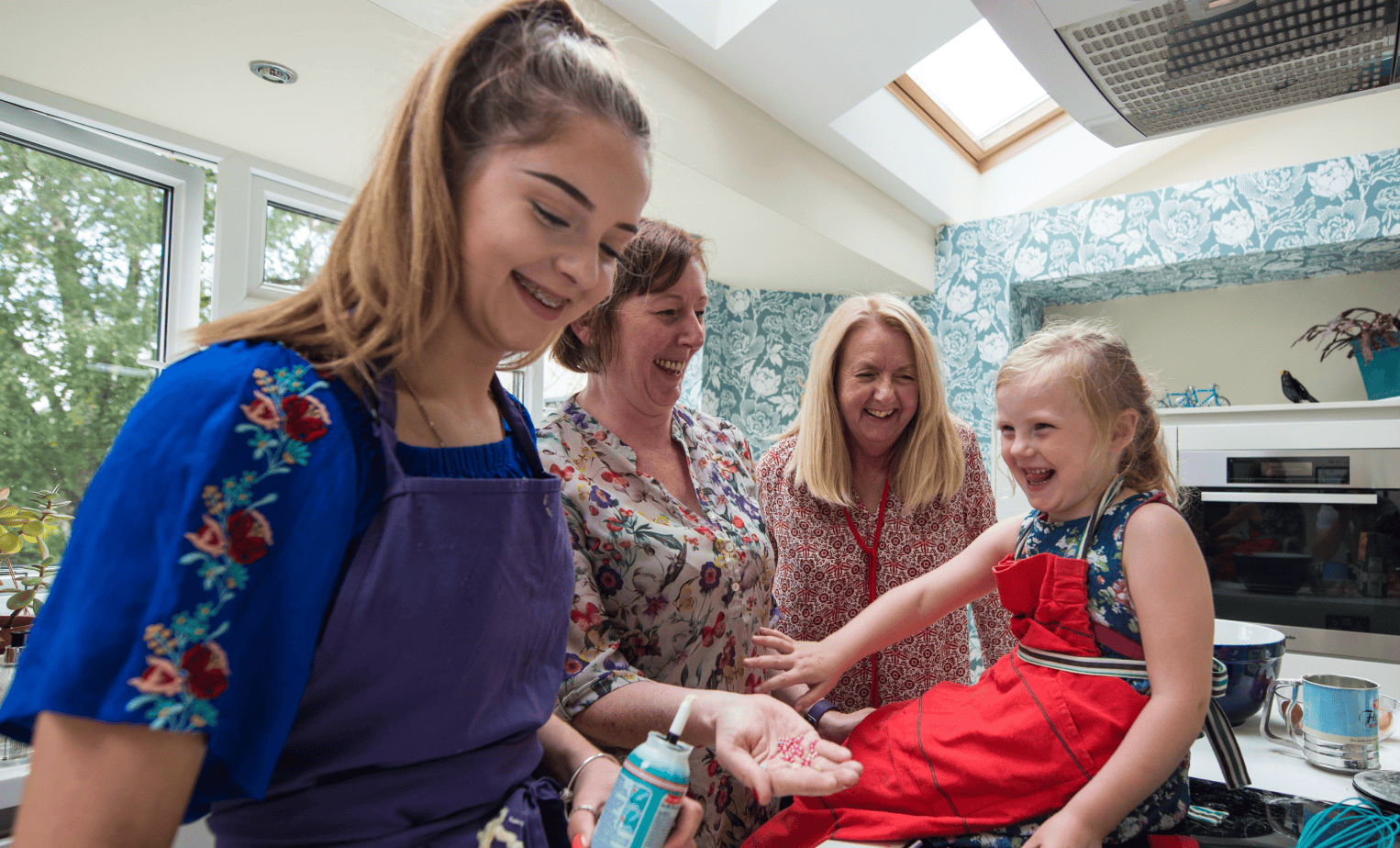Our foster carers are asked to support and promote safe time with the children’s family and help a child maintain a positive relationship with their parents, siblings, grandparents and other members of their family. This is always done in a planned way that ensures children are at the heart of how this is done. We know that many of the skills, attitudes and tools that foster carers and ourselves use to manage this are transferable to parents going through separations or managing the challenges of co-parenting a child with a parent who does not live in the family on a day to day basis.
We hope this blog helps both those thinking about fostering, who have concerns about working with birth families, but also parents wanting to do what is best for their child despite the relationship they may have with an absent parent or one where there is tension between the separated parents.
There are approximately 2.6 million separated families. That is a lot of families working to ensure the impact on a child, of not living day to day with a parent, is minimal. We know however, all of these children are potentially hurting, due to the day to day absence of living with a birth parent.
For many children the distress of parents separating is short term however the longer-term impact often depends on how this is managed by the adults around them.
Jeffrey Gitomer says “Resilience is not what happens to you. Its how you react to, respond to, and recover from what has happened to you.”
Supporting children to understand the reasons why a parent and they are not living together, can be hard. We hope we can share some of our top tips.
In the short-term children may feel a profound loss and their early response can involve a number of defence behaviours, including: denial, disbelief, dissociation, hyperactivity, irritability and protest, alarm and panic.
Remaining focused on what your child needs is essential. Children want to feel loved, cared for and in a stable and safe environment. We advise our foster carers that the first step to supporting a child is making their home life feel predictable. Routines allow a child to feel contained and this can be a first step in making sense of the difficult parts of their life.
Open communication is essential when children are not living with one or both parents. Children can tolerate the truth. They need to be reassured that whatever the circumstances, it is not their fault. Adults are responsible for how they manage the adult relationships. Children should be shielded from the tensions between parents and not be used as a middle person to pass messages or as a weapon to punish the other parent.
Children do not want to hear negative things about a parent, they potentially want to have a relationship with both parents. They do want to be able to talk about their parents and not feel guilty or disloyal to another parent. We find children may want to see photos of their absent parent, may want to share memories and talk about how they feel. Children should be able to do this without the fear of letting someone else down or upsetting them.
No matter what is going on for a child, our top piece of advice for you as a parent or foster carer is to listen to the child in front of you and be resilient enough to cope with their emotions. This will help show them that they can talk to you about how they’re feeling.
Many would say they listen but you need to consider, if are you really hearing what they are saying? When children find their home circumstances change, they often find their adult care giver is also in emotional turmoil. For example in separating parents, this may be your own hurt, anger or sadness at the losses you are experiencing. For foster carers it may be the same feelings based on what you hear about a child’s situation or birth parent. Ask yourself a question, are my emotions helping this child? If the answer is no, then you may have to park up your own feelings in front of the child and have your own space and support to express these. Children need to see adults who are able to express emotions but can also contain them. Finding an avenue to vent your own feelings is essential. This should be through a supportive friend or family or through a service set up for parents going through separation.
We advise our foster families that at times of contact with a birth family, behaviours may change in their children, we want our foster carers to understand that the behaviour is communicating a feeling. So, when faced with anger and difficult behaviour, we ask them to provide love, understanding and support, this does not mean ignoring behaviour but putting it in context of the circumstances. It is important to create opportunities to discuss the child’s feelings and actions, define what is acceptable and what is not and work together on finding alternative and appropriate ways of dealing with angry or sad feelings.
Supporting children and young people to regulate their emotions is one of the key skills needed for their adult life. This is not always easy when there are tensions around parents working together. We sometimes find with the families of the children we work with, that they can feel angry at foster carers for having their children when they cannot and they may want to tell them how to parent them or sometimes say things to make their task harder. This may be similarly an issue also between separating parents. Thus finding ways to enable a parent to feel part of their child’s life is essential. Showing respect to a parent because of what they mean to the child in your care is not always easy, but it is in the best interests of the child. We find no matter what has happened in a family, children want their parents, in many cases, in their life and just want this to be safe and about them and not about the problems in the adults life. Children of separated parents often feel the same, they want to have a relationship with both parents and not want to feel that they have to be loyal to just one parent.
It is not always easy to work alongside a parent when there are tensions, we offer the following top tips which we share with our foster carers when working with a fostered child’s birth parents.
- When tensions are rising between parents, take it somewhere else. It is important not to argue in front of children, whether it’s in person or over the phone. Ask the other adult to talk another time or drop the conversation altogether.
- Use tact. Refrain from talking with your children about details of parent’s behaviour. It’s one of the oldest sayings around… “if you don’t have anything nice to say, don’t say anything at all”.
- Be nice. Be polite in your interactions with birth parents. This sets a good example for children and young people and when you are perhaps on the receiving end of a negative comment or behaviour be gracious in your response.
- Look on the positive aspects of the relationship, choose to focus on the strengths of all family members and encourage children to do the same.
- Work on it. Make it a priority to develop an amicable relationship with your children’s parents as soon as possible. Watching you be friendly can reassure children and teach problem-solving skills as well.
If our blog has inspired you to find out more about the role of foster carers.





